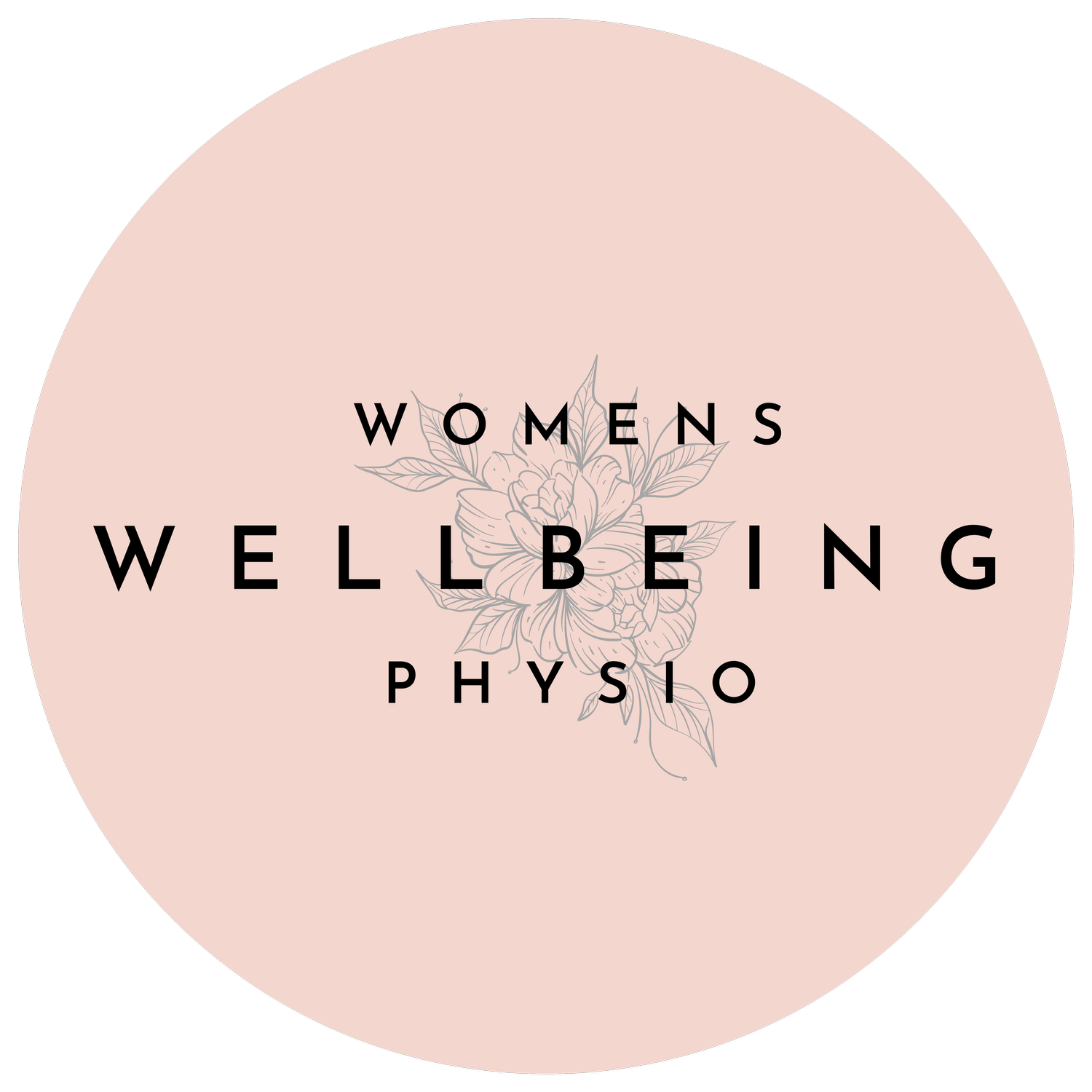
what is a women’s health physio?
Women’s health physiotherapists are experts in pelvic floor conditions and are trained to assess and treat women at every stage of life.
With extra training in pelvic anatomy, pelvic conditions and the female hormonal system they are able to treat and diagnose the below conditions:
-
Pelvic floor assessment and birth preparation appointments are recommended to start between 12 and 26 weeks pregnant, although you can book an appointment at any time you are concerned about your pelvic floor or have any issues with mobility or pelvic girdle pain in pregnancy or postnatally.
For postnatal recovery, a 6-week appointment is advised. In this appointment, we will assess your pelvic floor function, abdominal separation, and overall fitness & wellbeing.
Prioritise your long-term health - Book Now.
-
Womens Health Physiotherapists can help you manage symptoms of blocked ducts and mastitis when breastfeeding (often in conjunction with your GP if medication is needed).
Please call for an urgent appointment if your online appointment isn’t immediate.
-
Any kind of bowel or bladder leakage, inclusive of urgency (i.e. when you are busting) and being unable to hold your wind in is common but not normal. There may be a few contributing factors, but in many cases, pelvic floor physiotherapy will be able to successfully help you manage symptoms and improve quality of life.
-
Includes painful conditions in and around the pelvis. For example endometriosis/painful periods, any pain with sexual activity, persistent pelvic girdle, tailbone or hip pain. A thorough assessment and individualised evidence-based management plan can guide you towards living a life not controlled by your pain.
-
The amazing pelvic floor supports your growing belly and baby throughout the pregnancy and then must stretch to allow your baby to exit if your preference is for vaginal delivery.
It is recommended to have an assessment and education session at 34-36 weeks to prepare your pelvic floor, mind, and body for the delivery. We will provide you with exercise and pelvic floor advice on what to do in the initial few weeks post-delivery.
-
This is where the vaginal wall may become lax and any of the bladder, bowel, or uterus descends downwards. This can be very common for women but not always symptomatic.
Symptoms of vaginal heaviness and discomfort MAY mean this is occurring. Common times for prolapse to become symptomatic are vaginal delivery, menopause, and chronic respiratory conditions.A pelvic floor physiotherapy assessment and management plan can provide great treatment options for managing symptoms.
-
These hormonal and menstrual conditions can have a high impact on quality of life.
If you have pelvic pain/painful periods or any issues from PCOS that are limiting you from living your life, then women’s health physio may be for you.
Individualize pelvic floor physio treatment may help you manage your pain and symptoms.
These conditions may require a multidisciplinary team approach and we are very happy to work with your medical team or link you in with the right professionals for you!
-
Pregnancy has a large effect on your joints and musculoskeletal system and your fourth trimester is a great time to listen to your body. Understanding your recovery, pelvic floor, and general fitness can help you achieve your goals with reduced aggravation of pelvic organ prolapse, incontinence and other injuries.
Assessment and rehab can start from 6 weeks postnatally.
-
Menopause is a time of large hormonal changes for a woman’s body.
Due to these changes, it is a common time in which pelvic floor symptoms such as incontinence and pelvic organ prolapse can become symptomatic. There are many options for treatment, an individual pelvic physiotherapy assessment can help set you on the path to understanding and treating your menopausal symptoms. Often a team approach (with your GP or gynecologist) can help you see the best outcomes.
-
Treatment of musculoskeletal conditions specific to females, including injury reduction planning, sport-specific and individualised to menstrual cycles if appropriate.
-
Constipation can affect us at any time in life but seems more prevalent at pregnancy and in conjunction with prolapse or incontinence. Sometimes it is linked to lifestyle (diet, exercise, mobility) and for others, it is medications, medical conditions, or hormonal effects.
If you are suffering from constipation it may be a pelvic issue that your woman’s physio can investigate and assist with.


